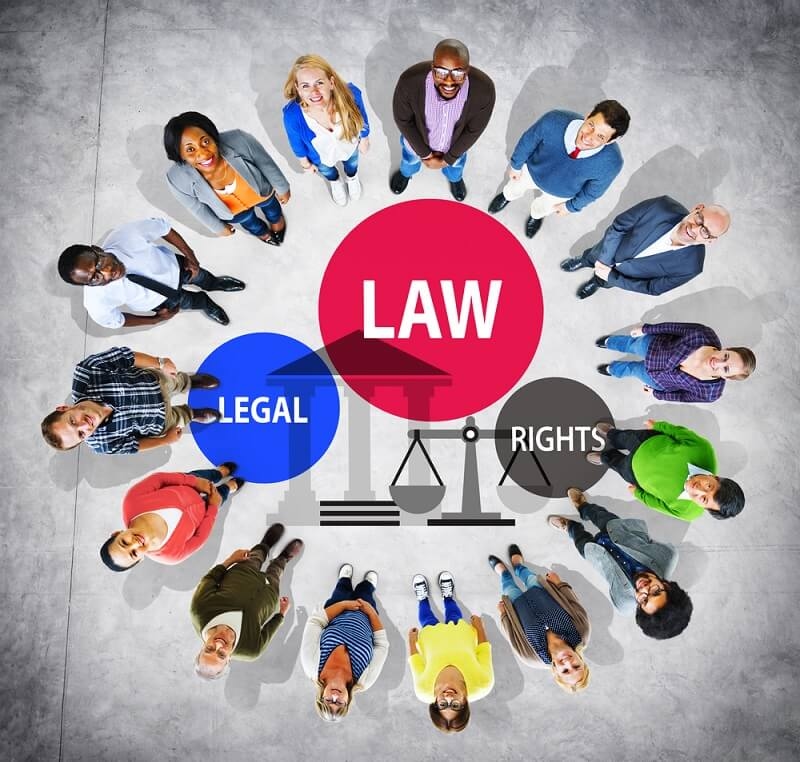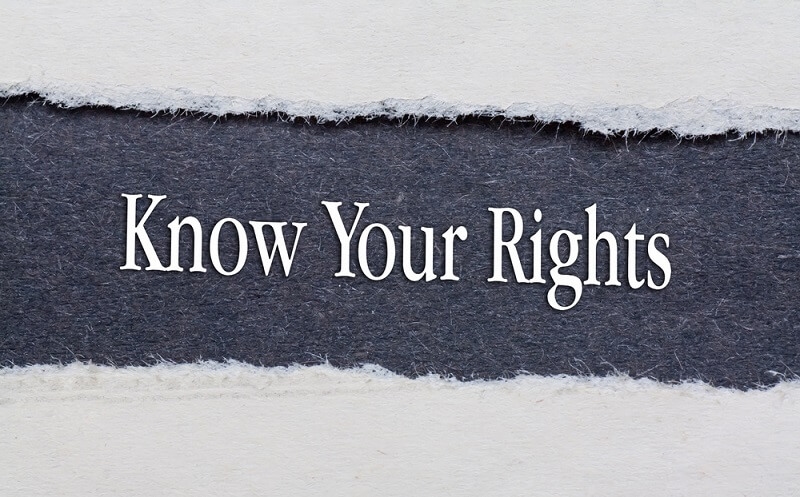
Every day, many individuals will go about their day and not consider the laws and rules that keep them safe. However, knowing the law and your legal rights can change how you react to issues at work or out in public, when shopping at the mall, or even in the comfort of your home. Learning your rights can change almost any situation where you are being wronged, with everyday legal issues, or even just how you make decisions by knowing unilateral and/or mutual obligations. It is helpful to know about legal rights so that you can feel adequately protected and empowered and better understand your rights.
This user-friendly guide to legal rights is not intended to be articles on legal theories with gnarly legal terms or to be legal lessons from a law school syllabus. It will serve as general public information—for example, a general knowledge campaign—2 basic knowledge of your rights, two why your rights matter, and how your rights apply to situations you deal with, such as consumer rights, employment rights, or safety.
In this initial article, we will examine some of the reasons why it is imperative to be knowledgeable about your rights, give examples of everyday situations where your rights apply, and provide useful information to help you become aware of and educated about your rights.
Before we get to examples, let's first analyze legal rights.
Some examples of fundamental rights are
In summary, your rights shield you as you navigate life.

You may ask yourself, "Do I really need to know all this law?" The answer is yes because if you don't know the law, it may end up costing you, sometimes money, opportunities, or even your freedom. Let's look at some reasons that prove it's important to know the importance of your legal rights:
There are many predatory landlords, lying employers, and businesses that mistreat their customers. People who are unaware of their rights are sitting ducks waiting to be exploited by unethical people.
There are many scenarios in which knowledge of the law can help you decide whether to enter into a contract with another person or buy a vehicle.
When conflict arises, understanding your rights gives you the ability to negotiate if that is the best route for both parties, stand your ground if needed, and take legal steps to enforce your rights.
Each province has statutes regarding consumer protection to lessen the likelihood of loss when goods are faulty or services are unfair.
Issues will arise every day, such as workplace discrimination or being charged with a crime; knowing how to act will empower you to do so.
Let’s look at how rights directly relate to real-life situations.
Finally, as our lives are mostly digital now, forms of rights will form with our digital lives. For example, exploring rights related to privacy, fraud protection, and freedom of speech online.
Even though laws exist, many people fall into traps due to misconceptions:
Here are some everyday legal issues where awareness can protect you:
Understanding your legal rights helps you handle these situations calmly and effectively.
You don’t need a law degree—just a few innovative strategies:
Here are some ways to confidently handle real-world situations:
Consumer protection is one of the most relatable areas of law because it touches everyday life. For example:
Knowing your consumer protection rights makes you less likely to fall victim to scams or unfair practices.
We often prioritize financial, health, and career skills, but legal literacy is equally important. Knowing how to manage money helps avoid debt, but knowing your rights helps avoid exploitation and unnecessary stress.
Making legal awareness a life skill ensures you’re never caught off guard in situations involving contracts, disputes, or everyday legal issues.
Legal rights are fundamental. They affect almost all parts of life—shopping, work, housing, healthcare, and even your online identity! Too many people neglect the most basic legal rights until it is too late. When you understand your rights, you protect yourself and those around you. Knowing your legal rights enables you to tackle everyday situations with confidence, fairness, and justice.
Remember, knowledge is power, and in law, knowledge is protection!
This content was created by AI